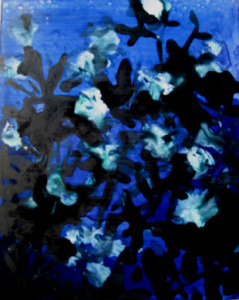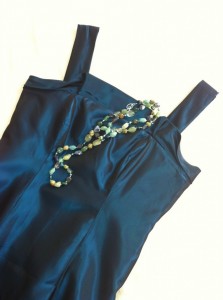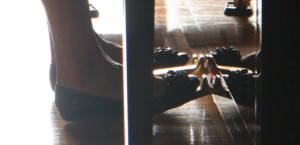Matthew Harre believes that performing on the piano is a different art than simply playing the piano. “I think performance is terribly important for adults,” Harre declares. His conviction led him to establish the Adult Music Student Forum (AMSF) for adult amateur pianists throughout the Washington DC metro area.
Harre is a seasoned teacher of adult piano lessons: throughout his 45 years of teaching, at least two-thirds of his practice has been adults. He is also the force behind the popular Musical Fossils website. Early on, Harre confronted the dilemma that practice incentives that worked well for children—parents’ approval or the teacher’s blessing—did not carry weight for adults. He discovered what motivated adults to apply their best effort to music study was pride in their performance.
“I see it over and over and over again,” Harre says. “People always play better after a performance, with more authority.” The music goes to a higher level.
Even beginning students should incorporate performance into their adult piano lessons. “Most people wait until they’re more advanced,” he says. “They step out onto the stage, and they have no experience performing. They don’t do nearly what they can do at home, so they fall apart.” Harre advises that students perform as they advance through their adult piano lessons. As the difficulty of students’ repertoire grows, they also become more adept at handling the inevitable tension of playing in public.
Not all piano teachers agree with Harre. He says that “the students that many teachers want out getting attention are the advanced ones. Some teachers don’t encourage the beginners to perform.” According to Harre, at the AMSF recitals, “an astonishing number” of intermediate adult students perform without their teachers’ knowledge.
Twenty-five years ago, adult students in Washington DC had limited opportunities to perform. In the large metropolis, on any given Sunday afternoon, a handful of conservatory-trained, professional pianists could be found offering free concerts to gain experience, making it less feasible that amateurs could gain an audience with free concerts. But Harre discovered through a survey that adult piano students were willing to attend performances by their peers. Many were interested in less-pressured performance situations. And so the AMSF was born.
Harre created different performance venues depending upon the adult amateur’s ability and comfort level. That initial design has expanded today into seven different categories, from Prelude Recitals, held in private homes where the audience is limited to performers, to Encore Recitals, held in small halls or churches and open to the public.
The Sonata Recital series, for example, is for soloists or ensembles interested in performing part or all of a sonata work. Earlier this year, “two people who wanted to play could not because there wasn’t room,” Harre says. He laughs. “Unfortunately they were both my students.” This pleased Harre to the extent that it shows how the AMSF has grown. At its founding, many of the AMSF participants were Harre’s, but now less than one in ten comes from his studio.
By the close of December, the AMSF will have hosted over 50 recitals in 2011 for adult amateurs seeking to hone their performance skills. Harre muses, “So there’s something in performing – God knows what, I have no idea – that puts the music together differently.” He laughs. “I’d love to know what it is, but, you know, I don’t.”




0 Comments